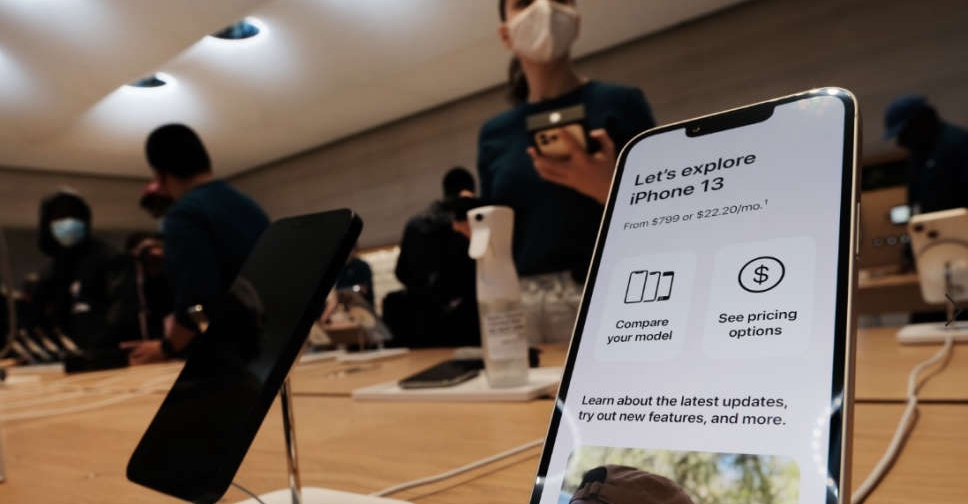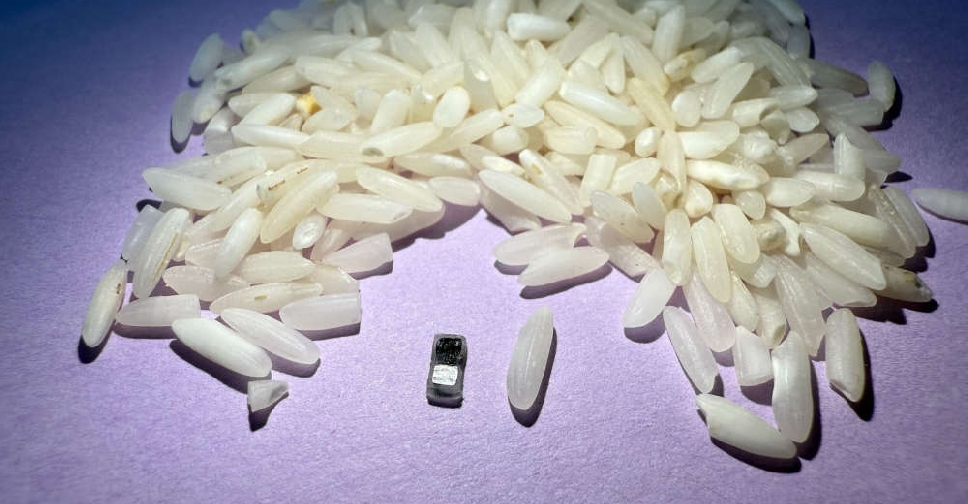
The Federal Bureau of Investigation (FBI) is warning travellers and shoppers to avoid public free phone charging portals due to concerns over the installation of malware and tracking software.
In a recent tweet, FBI's Denver office cautioned that "bad actors" use these charging stations to introduce malware and monitoring software onto devices, a practice commonly known as "juice-jacking".
Juice-jacking is a way of compromising devices like smartphones and tablets, which use the same cable for charging and data transfer, typically a USB cable. Hackers will infect charging stations that are open to the public so that anytime a person plugs their phone into the station via a USB cable, the hacker can infect that USB cable while it's plugged into the device and steal all the device's data.
People have been advised to carry their own charger and USB cord and use an electrical outlet instead of public charging stations.
It is also recommended to use antivirus software to protect devices from malware and other viruses.
Avoid using free charging stations in airports, hotels or shopping centers. Bad actors have figured out ways to use public USB ports to introduce malware and monitoring software onto devices. Carry your own charger and USB cord and use an electrical outlet instead. pic.twitter.com/9T62SYen9T
— FBI Denver (@FBIDenver) April 6, 2023
Denver International Airport officials have said that they are aware of the activity known as "juice-jacking" but are not aware of any reports of trouble at DIA. The airport has measures in place to detect whether a public charging port has been tampered with and the ability to take any tampered port out of service. However, the best defence against this type of attack on any public charging port remains within the smartphone itself.



 Scientists develop world’s smallest injectable, dissolvable pacemaker
Scientists develop world’s smallest injectable, dissolvable pacemaker
 From baked beans to chips, is Dubai's viral chocolate taking over global brands?
From baked beans to chips, is Dubai's viral chocolate taking over global brands?
 Gamer 'beats' Crossy Road with world record score
Gamer 'beats' Crossy Road with world record score
 United Airlines flight performs U-turn after pilot forgets passport
United Airlines flight performs U-turn after pilot forgets passport
 25,000-year-old mammoth hunting site discovered in Austria
25,000-year-old mammoth hunting site discovered in Austria




